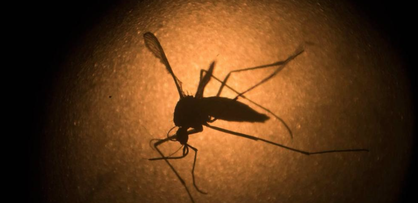
“Finding these mosquitoes in a completely new area likely means they could possibly be established anywhere,” said Gary Goodman, the manager for the Sacramento district. “We will continue to work diligently looking for and identifying locations where these mosquitoes could be breeding.”
The discovery prompted Goodman to have more traps set in the area, according to the control district, and more of the mosquitoes were found. Unlike most other mosquito genuses, the Aedes Aegypti is particularly aggressive during daylight hours.
This means hikers, bikers, equestrians and other trail users who recreate in daylight hours could be infected by these mosquitos.
District officials said they will continue to set additional traps in other areas to determine the extent of the infestation, and they will deploy field technicians to do inspections houses by house, advising residents on how to eliminate potential breeding areas.
The aedes aegypti does not need much water to reproduce, officials said, because they lay their eggs just above water. They can reproduce in containers as small as flower pots, pet dishes, bird baths, tin cans, tires and even bottle caps. “Mosquito control is a collaborative effort,” Goodman said.
“We need the support from all residents to drain all sources of stagnant water and ensure they are not breeding mosquitoes around their home.” The aedes aegypti can carry not only Zika and dengue but also yellow fever and chikungunya. If pregnant women are infected with Zika virus, their fetuses can develop a birth defect known as microcephaly, or a small head, and there’s also a risk of premature birth or miscarriage. Not everyone who gets Zika virus will get symptoms, and the disease can remain active in semen long after men have recovered from the disease.
Both dengue fever and chikungunya are quite serious illnesses. While chikungunya is not fatal, it causes very severe bone and joint pain that can last months to years. A harrowing Kabul escape How Afghans are adjusting to their new home in
If you notice day-biting mosquitoes, report them immediately at (800) 429-1022 or request service at www.FIGHTtheBITE.net.
To read original article in the Sacramento Bee, CLICK HERE.
 RSS Feed
RSS Feed